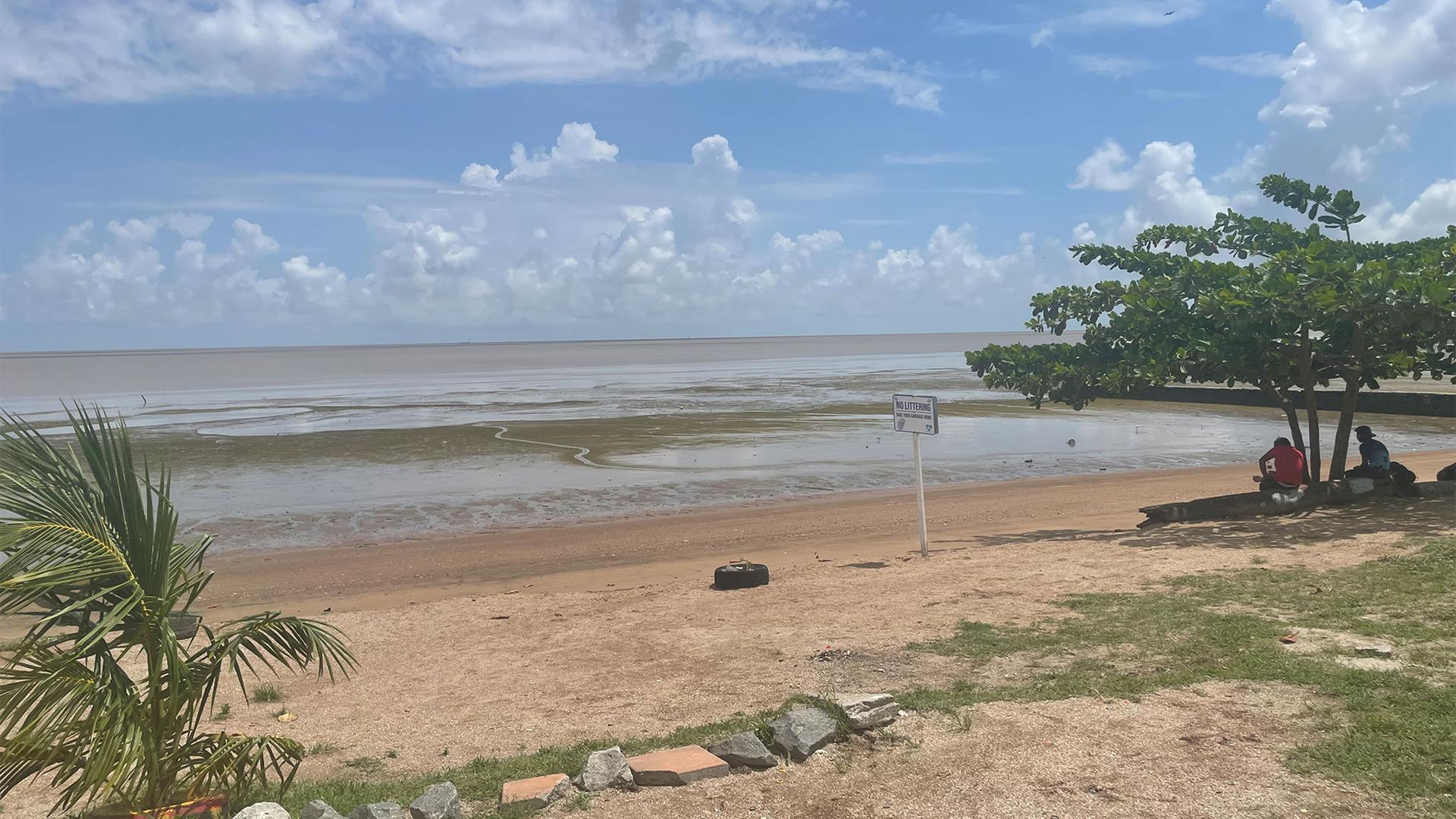Guyana has discovered nearly 11 billion barrels of offshore crude reserves, and the country is hoping that oil can help transform its economy and offset its ongoing poverty crisis.
The South American country is readying itself for its next round of oil auctions in April, with all the major oil companies expected to bid. Exxon Mobil Corp. is already heavily involved and has been since the late ’90s when offshore exploration there began.
But what might sound like striking gold may not actually be the case. With agreements that 75% of oil revenue belongs to Exxon and partners, little is expected to reach citizens.
Lack of major oil gains are not foreign to South America; since 1980, countries in the region reap short-term gains but tend to be worse off in the long run.
Citizens have polarized opinions on the discovery with some rallying behind oil extraction in hopes of a soaring economy and new jobs. Others remain wary of the environmental drawbacks and risks of catastrophic oil spills.
While oil companies are seeking opportunities, climate-change activists are concerned. Guyana has thus far been hailed as a world leader on climate change.
The discovery means a potential release of millions of tons of greenhouse gases from a climate globally known for absorbing millions of carbon emissions each year.
Amy Westervelt is a journalist and host of “Drilled,” a true-crime podcast that looks at climate change — it’s focusing on Guyana this season.
“It’s worth noting that since 1980, no ‘global south’ country that’s gotten into the oil business has ended up better off for it, not one,” Westervelt said. “So, it has this tendency to kind of bring short-term gains and ultimately, leave countries worse off or, at best, about the same as they were before oil.”
She shared some images with The World from around Guyana’s capital, Georgetown.
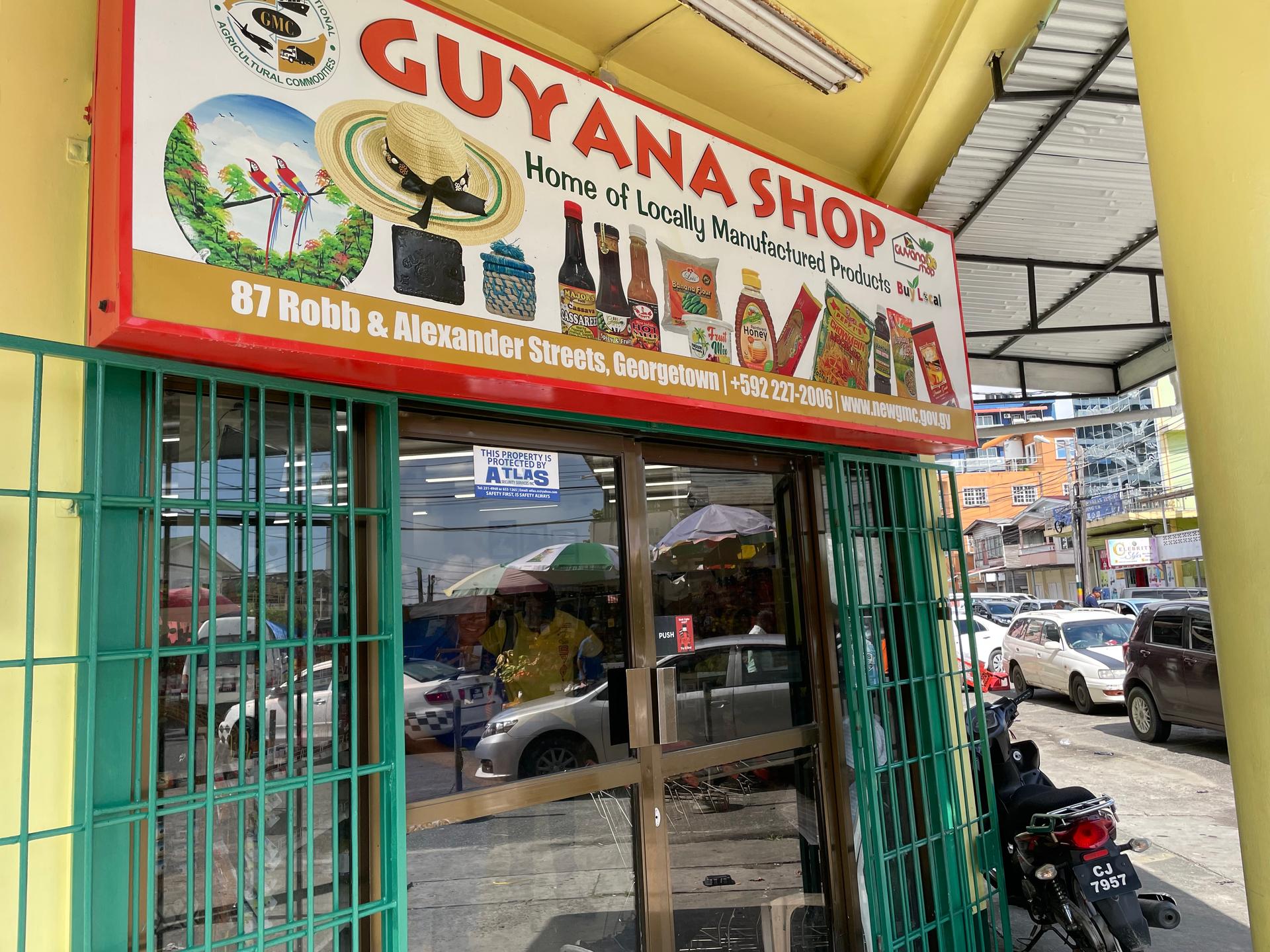
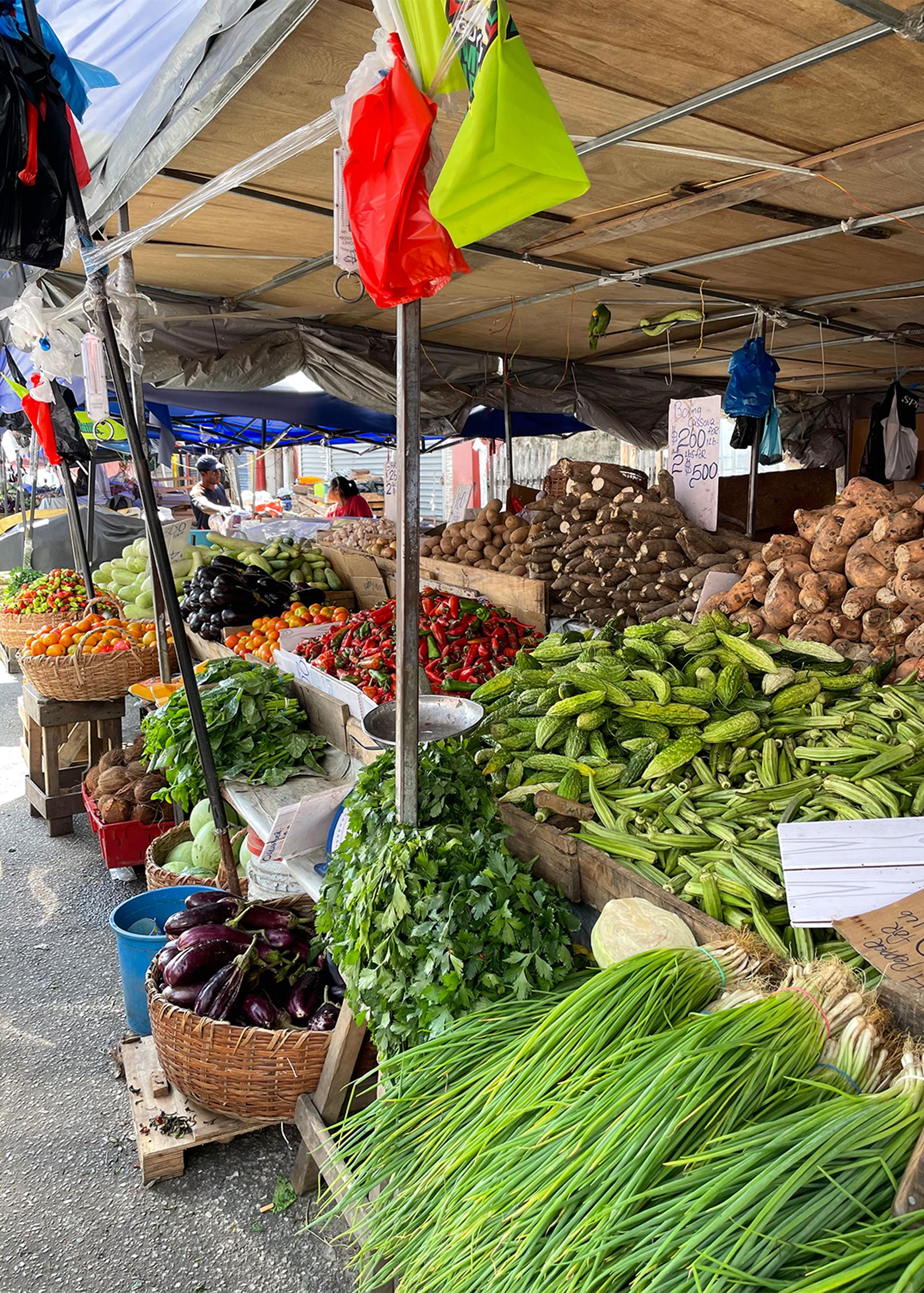
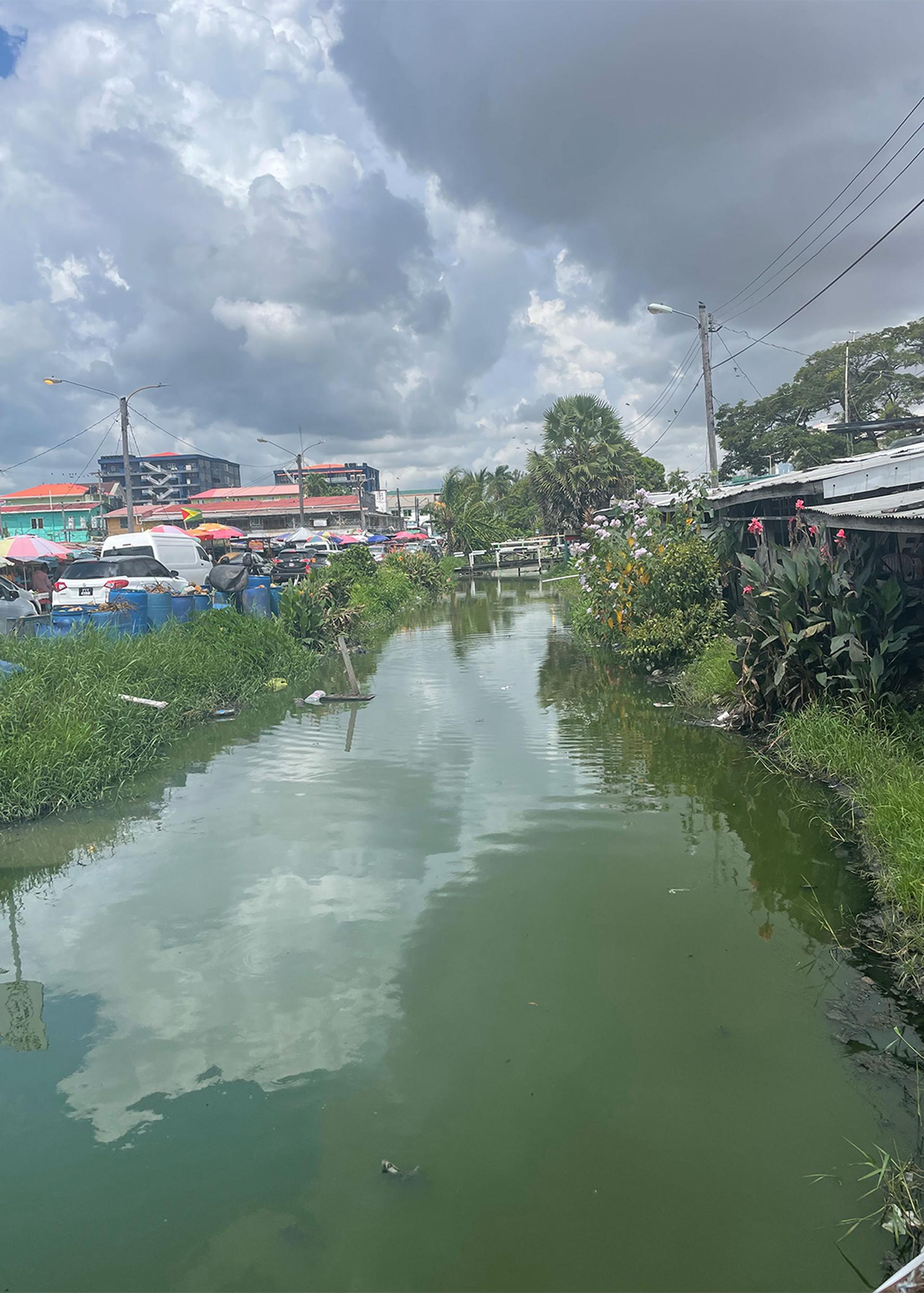
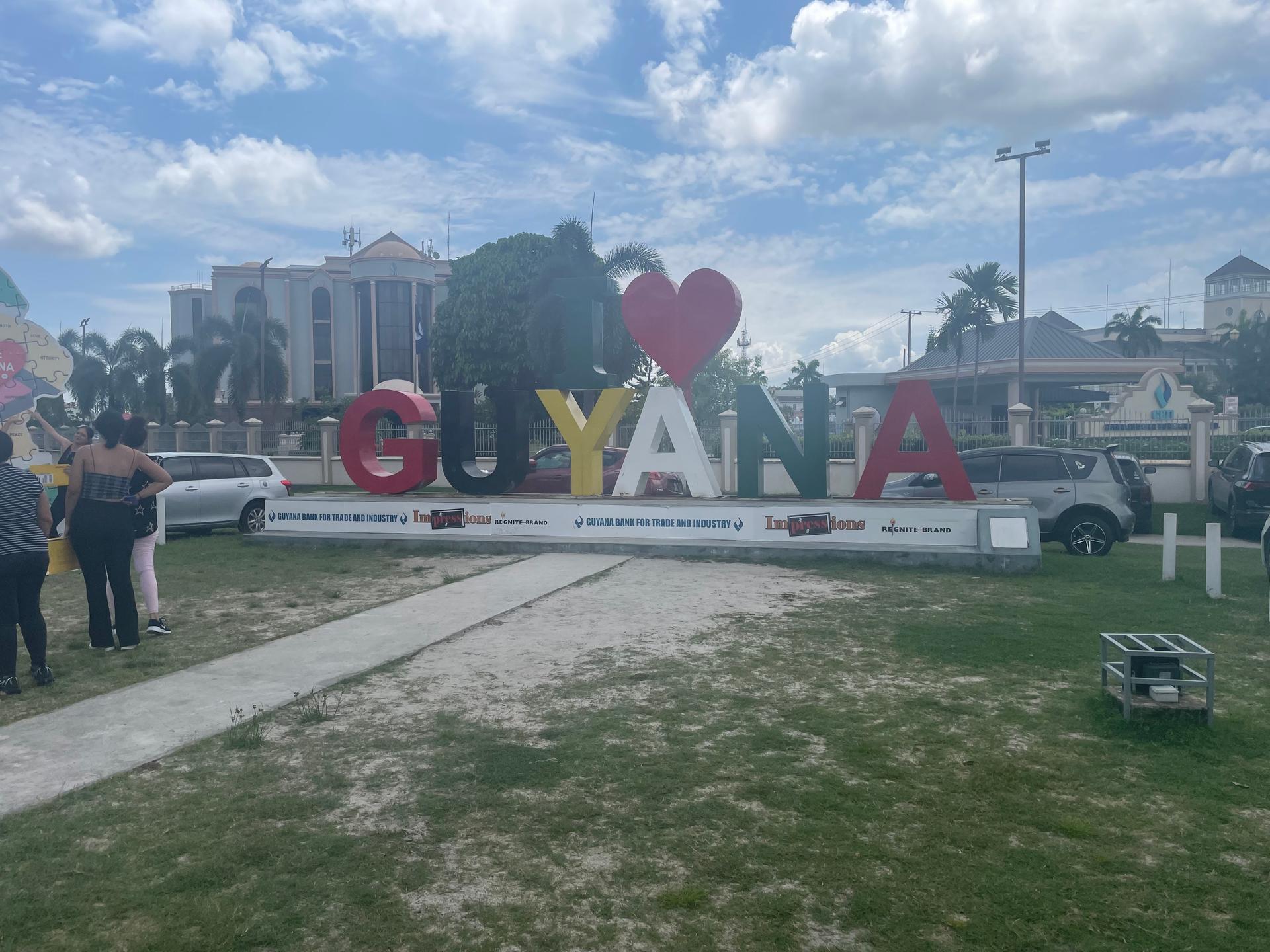
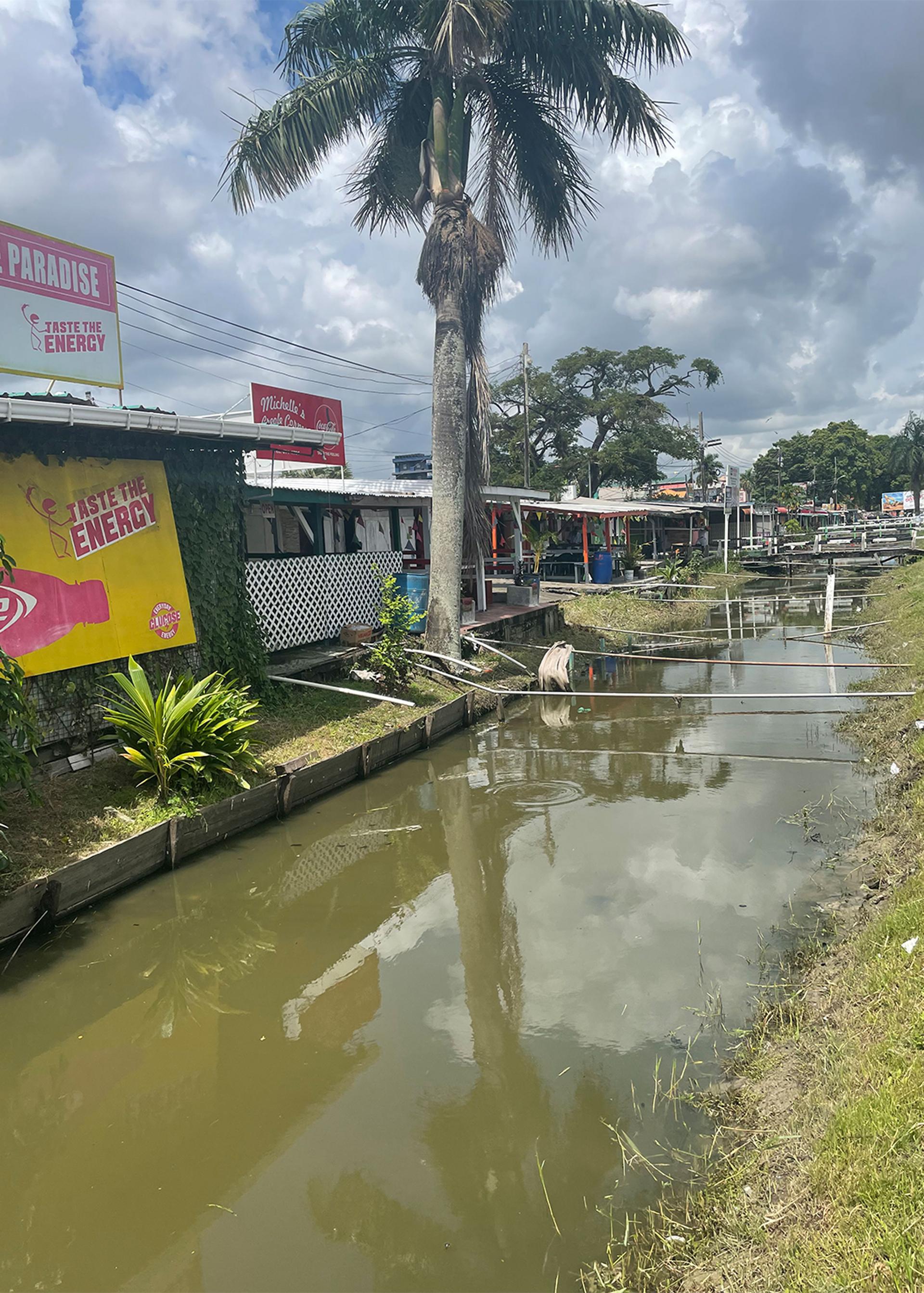
Our coverage reaches millions each week, but only a small fraction of listeners contribute to sustain our program. We still need 224 more people to donate $100 or $10/monthly to unlock our $67,000 match. Will you help us get there today?
